All of us can relate to times we’ve felt exhausted, emotionally drained and disappointed in ourselves; times where a familiar narrative leads to an emotional hijack that resonates from the past and a distress pattern we can’t contain, control or prevent. It doesn’t matter how much we determine it won’t happen again, we seem to find ourselves in the messy reality of picking up the pieces, feeling fragile, uncared for and sad. These cycles that can play out repeatedly in relationship, family, work or social exchange keep signalling us to ask the question – how can we get out of these cycles which cause so much stress and trauma?
Recognising the validity of this question without any clue of an answer is not as hopeless as it first seems. The smallest a seed of awareness – the one that allows us to notice we’re caught up in a repetitive pattern is our starting point. This awareness along with a spark of curiosity to investigate what’s going on and an openness to attend to ourselves in a different way is all we need.
The Buddha explained this was all we needed to understand how we experience our world and all that happens in it. It’s possible to change these patterns and have the confidence to author a new story, one that feels wholesome, one in which we feel cared for and emotional balance is realisable.
He described a framework that not only explains the process of conditioning which gives rise to our repetitive patterns but sets out the steps to tone and train ourselves away from what’s sustaining them, towards the freedom of release. At an essential level it’s an energetic training that addresses what feeds these patterns re-directing our energy towards our wellbeing and happiness.
Forgiveness is an important part of this framework. Repetitive patterns, however deep, are still sensitive to the power of release that forgiveness brings. Forgiveness is a process that thankfully does not need to understand or recognise all that has happened or why it has occurred. It creates a healing environment that allows access to the deeper layers of mind which are sensitive to energy and nurtures the conditions for releasing the source that fuels our repetitive patterns. With practice, we find the way to exit the cycles that cause so much stress and trauma and author that new story, the one that feels wholesome, where we understand how to take care of ourselves and restore our emotional balance.
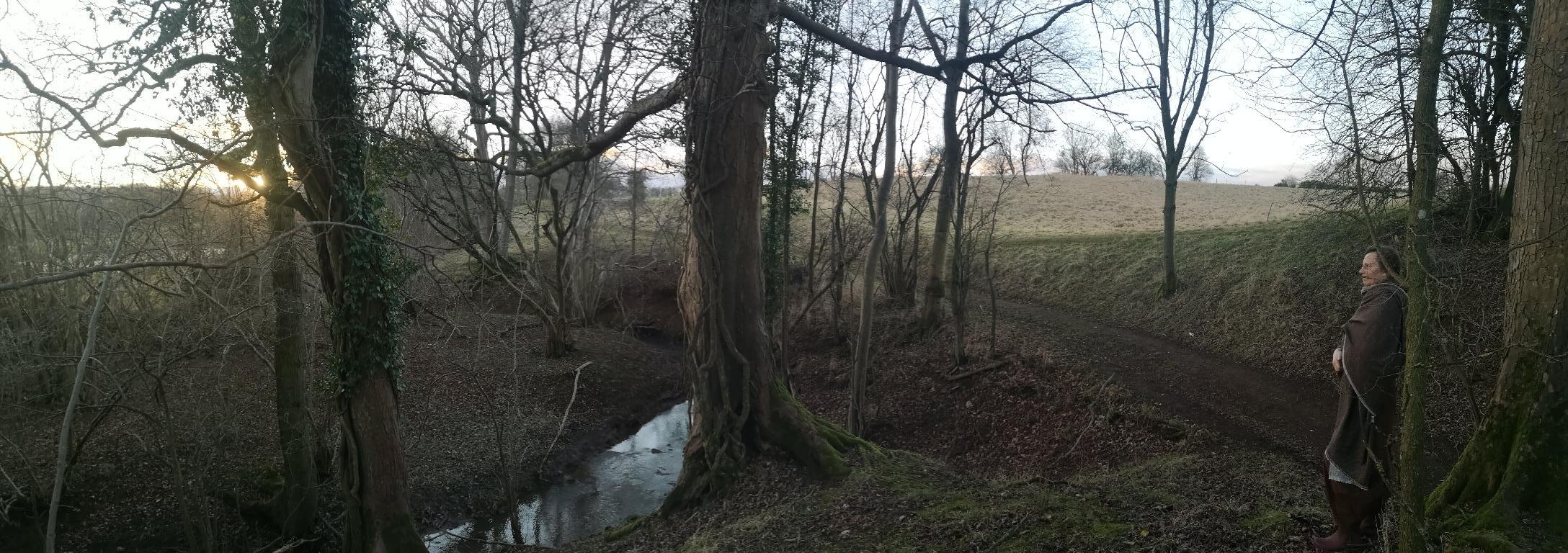
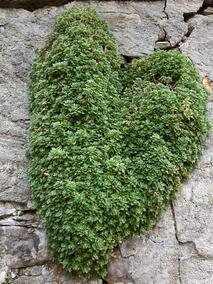
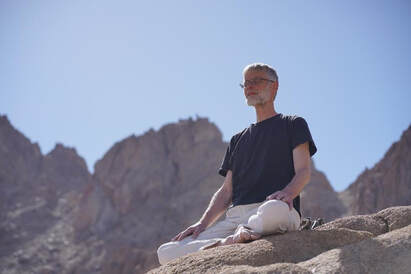

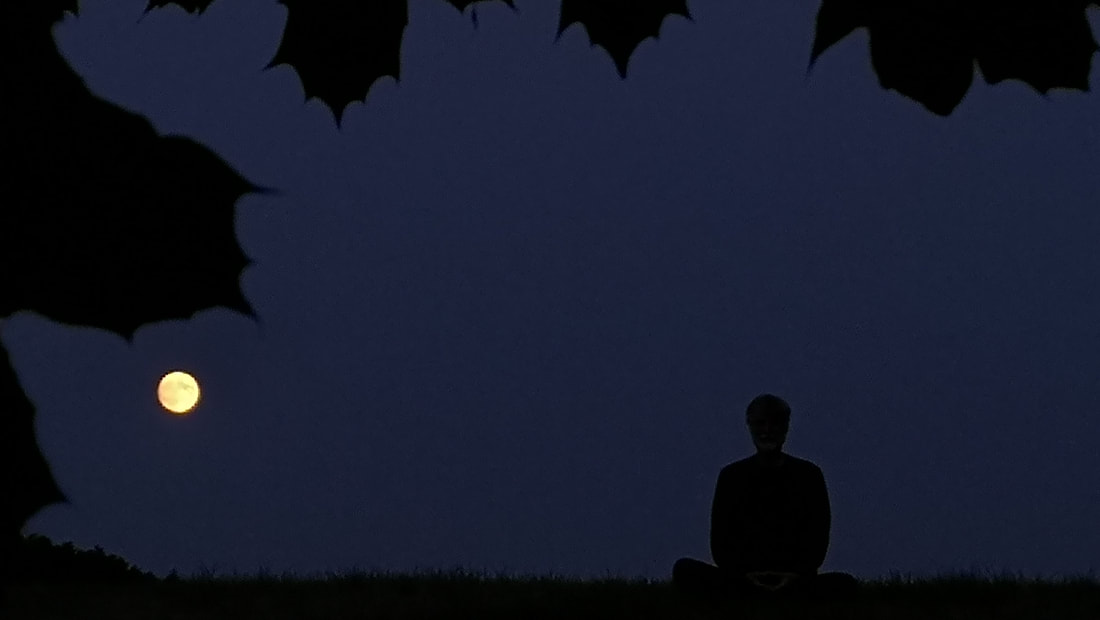


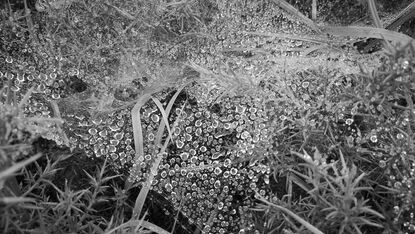

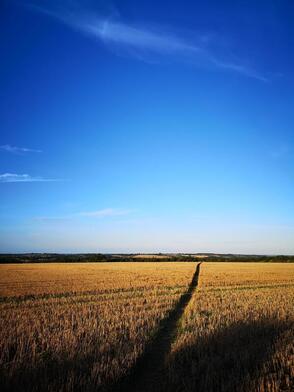
 RSS Feed
RSS Feed